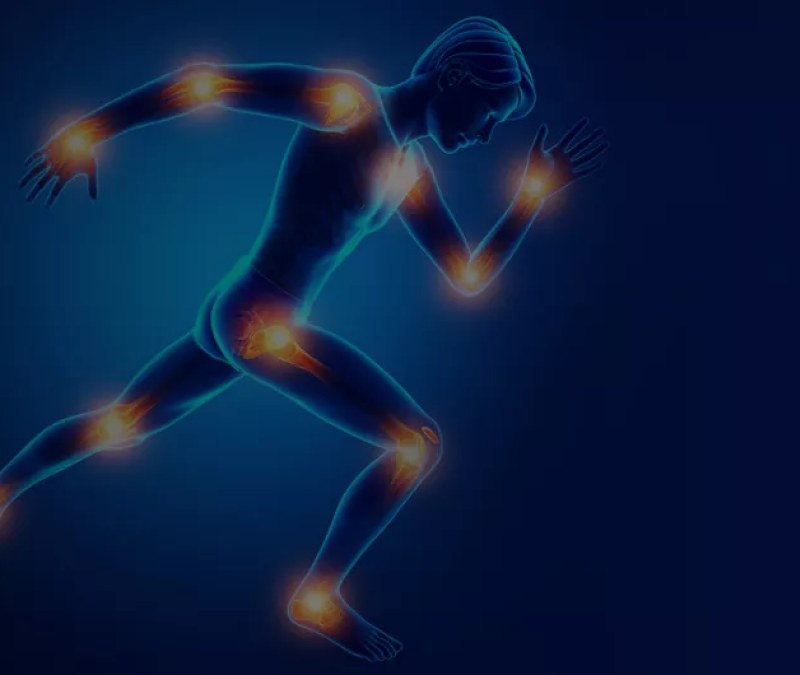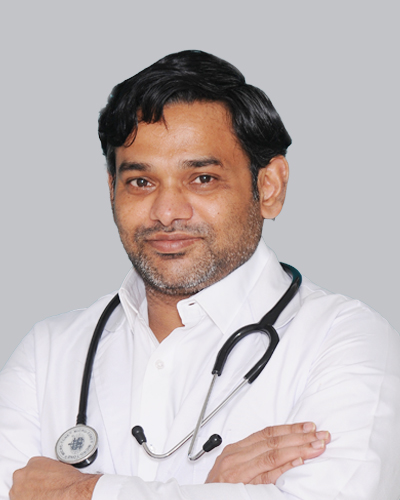Orthopaedics and Joint Replacement at Ramesh Hospitals is a state-of-the-art facility offering comprehensive care for the management of musculoskeletal disorders in patients of all ages. The department has an exceptional team of doctors comprising of orthopaedic surgeons, arthroscopy surgeons, sports medicine specialists, paediatric orthopaedic surgeons, spine surgeons, trauma surgeons, and hard surgery experts who have the experience and expertise to handle all orthopaedic emergencies and complex cases. They are supported by specially trained nurses, patient counsellors and physical rehabilitation therapists.
We follow international treatment protocols to ensure optimal, evidence-based care to all patients, at all times. We house advanced facilities like sports medicine unit, and units dedicated to: joint surgery, spine surgery, arthroscopy and trauma surgery. We offer 24-hour accident and emergency care, outpatient and inpatient care, 24-hour trauma surgery, daycare surgery and orthopaedic rehabilitation Spine specialists at Aster Ramesh Hospitals utilize a wide variety of medical and surgical treatments to do everything possible to effectively treat spine disorders.
Spine surgeons at Aster Ramesh Hospitals combine experience, expertise and innovation to offer the most appropriate surgical approaches for treating difficult spine conditions. They provide a full spectrum of adult cervical, thoracic and lumbar procedures for the treatment of degenerative, inflammatory and neoplastic conditions of the spine, as well as for spinal trauma and deformity, including scoliosis and spondylolisthesis.
They specialize both in conventional and innovative approaches – always striving to deliver the maximum benefit from the minimum amount of surgery.
FAQs
Want to find out more about the treatment? The answer to your questions can be found below.
What advancements or technologies are utilized by Orthopedic surgeons?
Orthopedic surgeons utilize advancements and technologies such as arthroscopic surgery, computer-assisted navigation systems, 3D printing for customized implants, regenerative medicine techniques, minimally invasive procedures, and advanced imaging modalities for accurate diagnosis and treatment.





